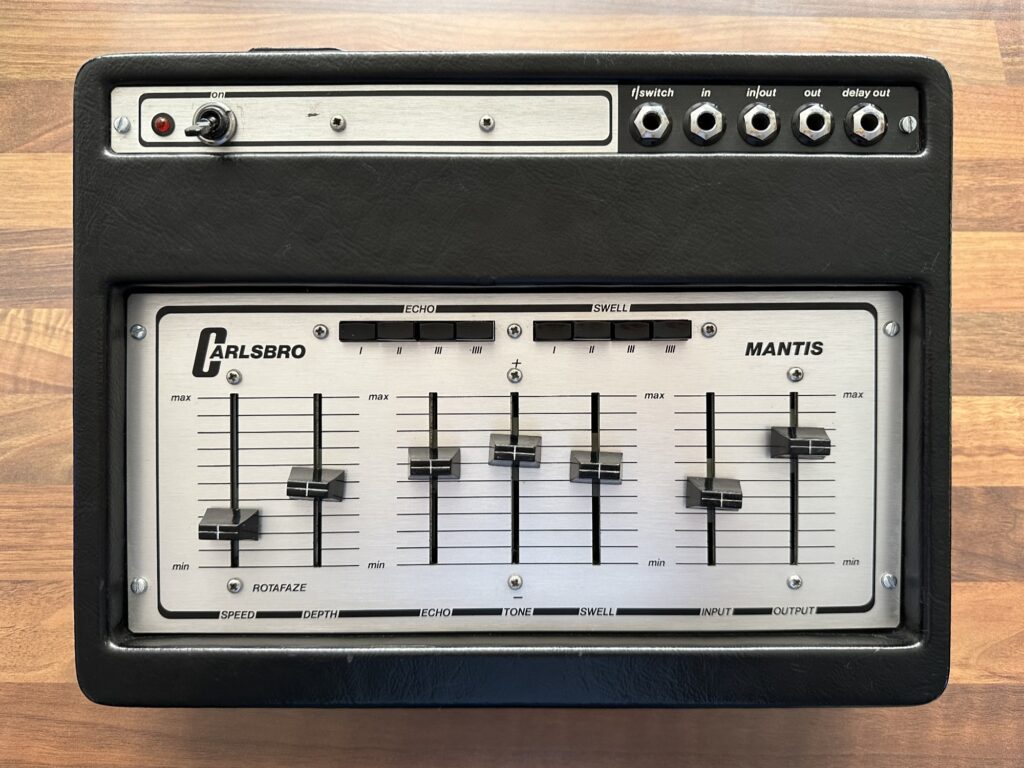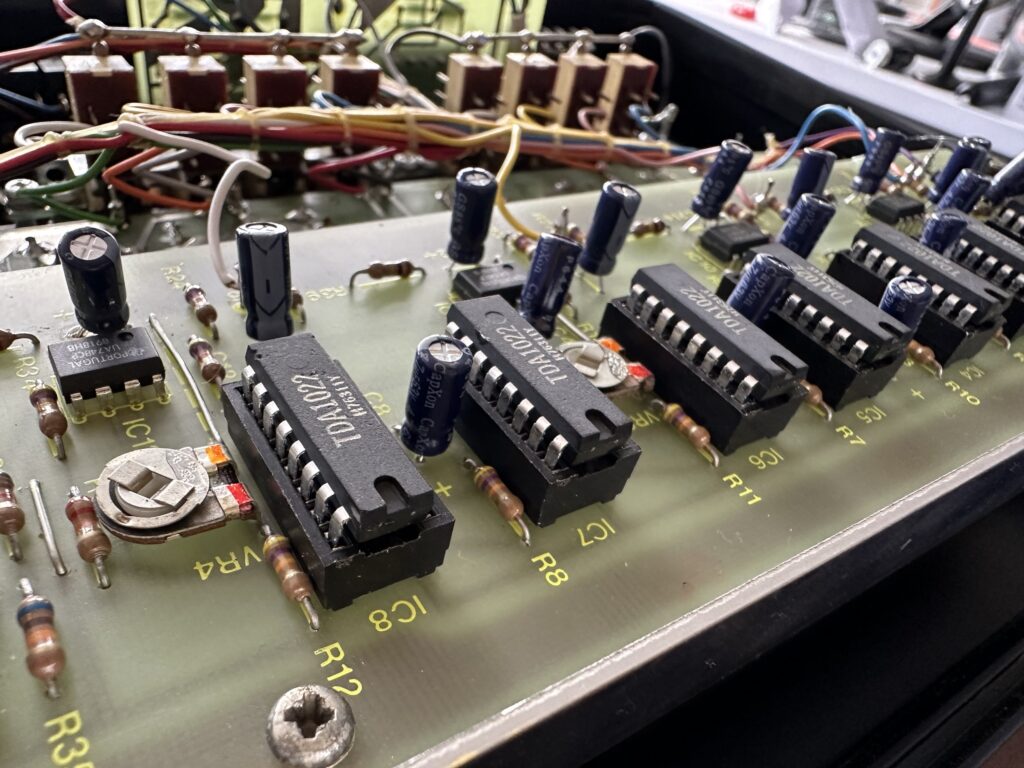by AudioThing
Mantis is a plugin that emulates a rare BBD (bucket-brigade device) delay/echo unit of the 70s, faithfully recreating its warm and analog sound.
As the original unit, Mantis features an echo section with four taps and four swell selectors.
It also features the rotafaze section, a modulation that can mimic the wow/flutter of a tape echo or turn the unit into a unique chorus-delay.
$34.00 $59.00
The Mantis has eight TDA1022 chips, often associated with shorter and more precise delay, these chips are perfect for organic analog slap-back echo.
The base delay time is fixed on the hardware, but in the plugin in “vintage” mode, the base delay can be set in the range of 1.02ms up to 102.4 (as each chip has 512 stages and each tap uses 2 chips).
In a BBD circuit, the frequency response changes depending on the base delay: brighter at faster rates, and darker at slower rates.
To avoid these limitations, we also included a “modern” mode, which allows a base delay of up to 1sec (free) that is also syncable to the Host/DAW tempo.
Built in the early 70s, the Carlsbro Mantis was probably one of the early, but less common, commercial BBD echo/delay units.
As with many BBD echo/delays, it has a warm and distinctive dark sound.
BBD-based delays were a good alternative to the bulky and fragile tape echoes, although with several limitations.
The Mantis had the delay time fixed, but it was possible to adjust it by opening and tuning each BBD trimmer.
It was also quite noisy, especially when using all the taps and swells.


The BBD (bucket-brigade device) technology was developed by F. Sangster and K. Teer of the Philips Research Labs in 1969.
BBDs are essentially a series of capacitors that pass an analog signal down a chain in discrete steps, like a bucket brigade passing buckets of water.
The clock rate (base delay) determines the rate at which the signal is passed down the chain of capacitors.
Capacitors are not perfect and can experience some leakage.
This results in a gradual loss of information as each new capacitor in the chain receives slightly less signal than the previous one.
As a result, longer delay times on these devices can cause the signal to become distorted and darker with each repetition.
You must be logged in to post a review.




Reviews
There are no reviews yet.